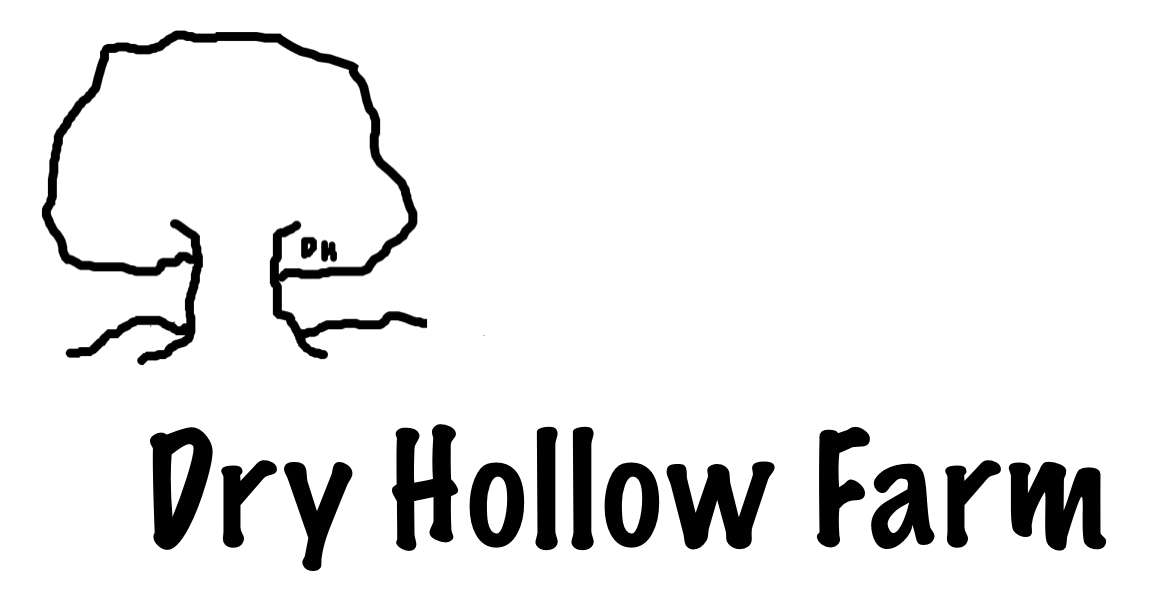Herbal Choices and Challenges
Because our agricultural enterprise is not a hobby farm but rather a growing agribusiness, we spend time engaging in product research and development. Over the past two years, we have turned our attention to producing dried herbs, herb-infused oils, and herbal soaps. After direct-selling plants from the Herb Shack this spring and early summer, we now include a variety of herbal products in the Soap Shop and on our website.
Every business must consider growth and development. The challenges of agribusiness expansion include: (1) determining what can be grown or harvested in our geographic location, (2) how much can be produced, and (3) how the base crop can be utilized in quality consumer goods.
This year is one of herbal research and development as we field test plants and processing approaches.
Keep in mind, we remain a small, family-owned farm. I am the first to admit that one of my weaknesses is a proclivity for “chasing rabbits” that are interesting to me. For example, it fascinates me to grow lesser-known herbs such as epazote and chervil. But will we have a market for these? Can we use them in the products we offer? Adding specialty items requires a willingness to stop producing these items if they garnish few sales, no matter how intriguing or enjoyable they may be for us.
For example, we have discovered our western Tennessee climate is perfect for producing a wide variety of basil plants - sweet, thai, cinnamon, lemon, tulsi, purple, spicy, etc. - in a small area with frequent cuttings throughout the growing season. Successive herb harvests in a single season allows us to devote less space and time as we allow plants to continue growing in preparation for the next cutting. It will take several years of sales before we have a sense of how much of any given herb variety we need to grow in a season. and direct sales online markets are notoriously sporadic and difficult to predict. We will sell out of some herb products before next year’s growing season begins. Others will sell less quickly.
In the same way that we gradually added goat milk soap offerings over the past ten years, we will approach herb production the same. Only after the first full year of customer sales will we have a more detailed picture of needed quantities and varieties. Hopefully we will discover new additions as well as realistically assess which product offerings to remove.
When we began this agricultural adventure a decade ago, I did not view myself as a “business person.” However, I have learned that in order to encourage growth and financial stability, I cannot neglect the business realities of Dry Hollow Farm. Each mistake and miscalculation is a learning opportunity!
Dr. Kathryn Bush owns and operates Dry Hollow Farm, a working goat and sheep farm in Huntingdon, Tennessee. Together with her husband, Russell, she creates skincare products from their fresh goat milk, grows organic herbs, welcomes visitors to their two cabins on the farm (available for stays through Airbnb), keeps the farm’s on-site soap shop stocked with their handcrafted products, and enjoys working the farm in company with their Great Pyrenees dogs (who work hard guarding the animals). Check out their natural products featuring farm-grown ingredients here, and sign up for the Dry Hollow Farm newsletter to stay in touch and be the first to hear about farm news, events, and new products.



